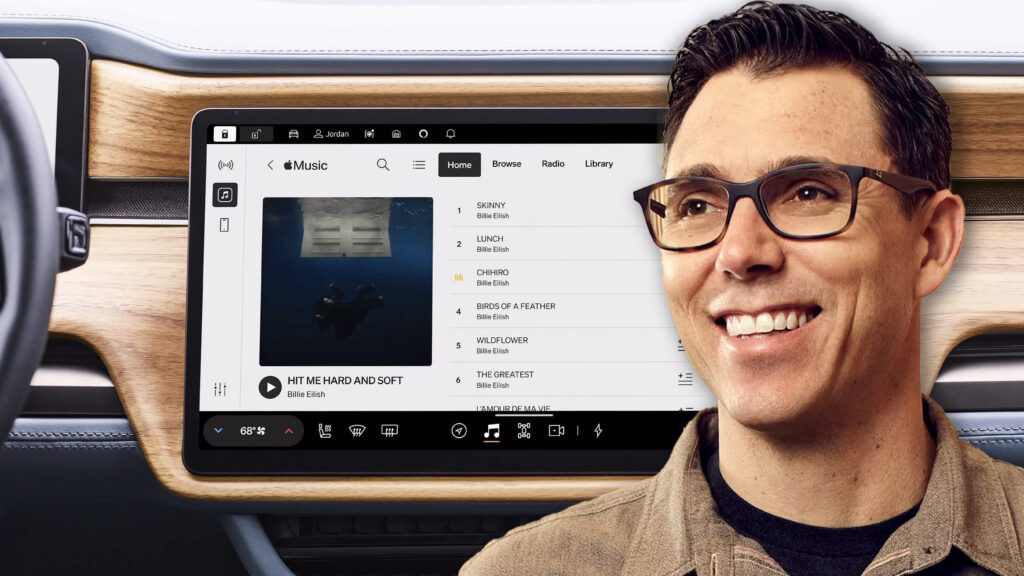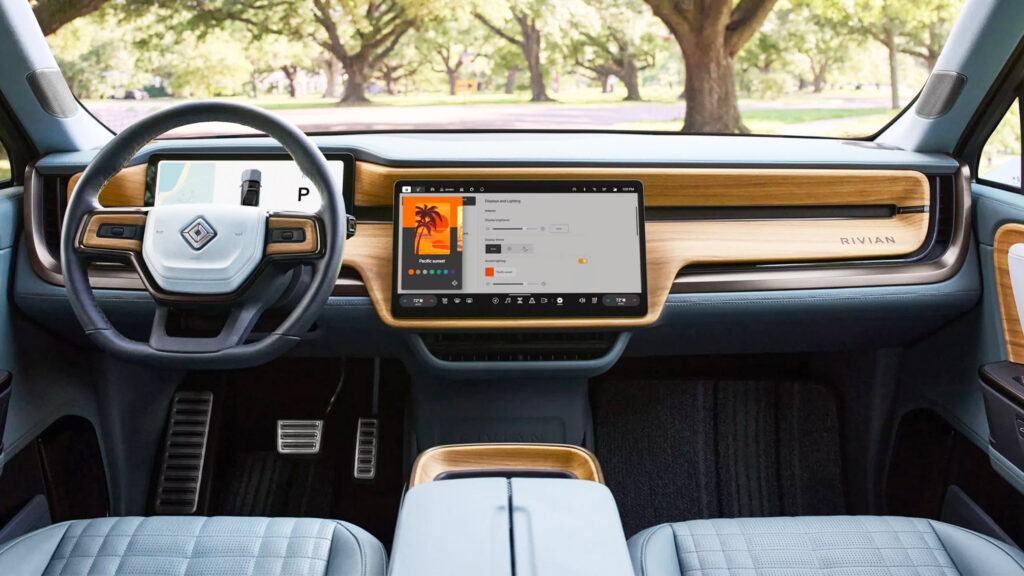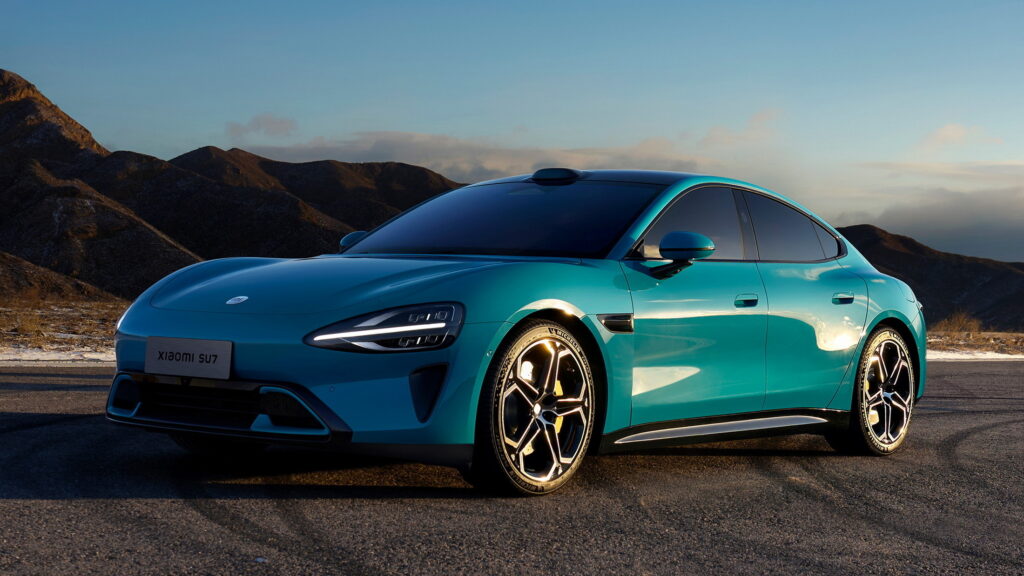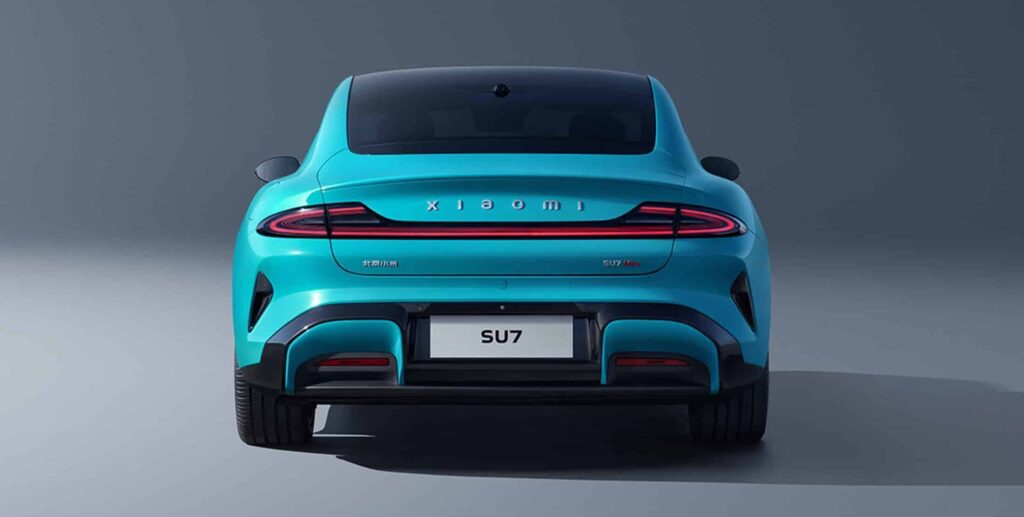Rivian’s CEO Would Rather Lose You As A Buyer Than Add Apple CarPlay

- CEO says CarPlay and Android Auto feel too generic for Rivian’s UX.
- Rivian will add voice, messaging, and mapping features within 18 months
- The company accepts that it may lose buyers by not offering Apple CarPlay.
Many drivers see seamless smartphone integration as essential, but Rivian continues to stand firm on its decision to skip Apple CarPlay on its EVs. The company believes its own infotainment platform can deliver a more cohesive, personalized experience through key app integrations.
It’s not alone in this stance, with Tesla and GM taking similar positions, yet Rivian’s choice remains a point of debate among some customers.
Read: Rivian EVs Just Got Smarter But Apple Users Won’t Be Happy About It
According to Rivian’s chief executive RJ Scaringe, switching between CarPlay or Android Auto and the company’s built-in interface just doesn’t make sense for the experience they want to offer.
As standard, Rivian’s infotainment is based on the Android Automotive operating system, supporting major apps such as YouTube, Spotify, and, since last year, Apple Music.
One System to Rule Them All
“We’ve made the decision, which I’m very confident about, that in the fullness of time, customers will appreciate, which is that we wanted to have a seamless digital experience,” Scaringe said while recently speaking with The Verge.
“To not have the need to jump between CarPlay, which feels obviously like CarPlay, and so it feels the same in every car, and then what we create as a Rivian environment,” he added.
Over the next 18 months, Rivian plans to roll out several updates to its native infotainment setup, each designed to deliver what Scaringe calls a “richer, better experience for you as a driver or occupant of the vehicle.”
These new features will involve connecting different applications, providing “knowledge of ‘what’s the vehicle’s state?’, knowledge of ‘is it in drive, or is it parked? What are the conditions outside the vehicle? What’s your driving history?”

In time, Rivian says that everything a CarPlay user likes using, such as mapping or voice-to-text features, will be added to its own system.
Standing by the Decision
“We’re really convicted on this,” Scaringe said. “For some folks, that means they’re not going to buy a Rivian. We accept that. It’s a decision.” He explained that developing a vehicle involves countless choices, many of which won’t please everyone, but all contribute to the brand’s distinct identity.
“I say this all the time: part of building a product as complex as this is recognizing and being okay with the fact that we have to make a ton of decisions, like the products, like a vehicle has many millions of decisions together. Some of those decisions, not everyone’s going to agree with, and that’s okay.”
When asked about which additional Apple-related features might arrive in future updates, Scaringe mentioned that “messaging” and “vehicle access” access functions are already in development


